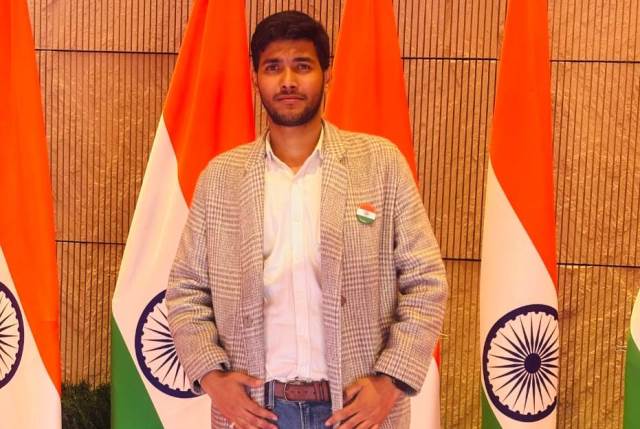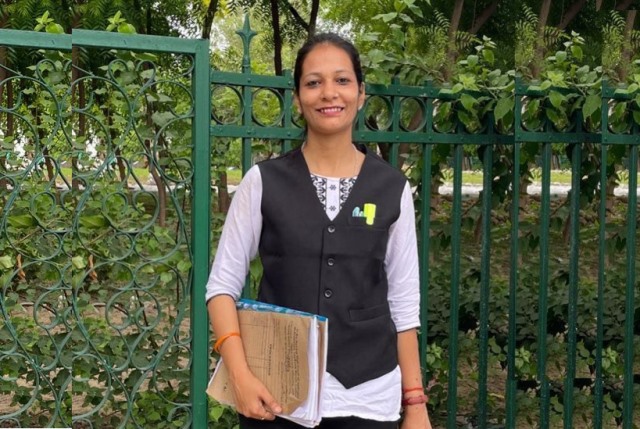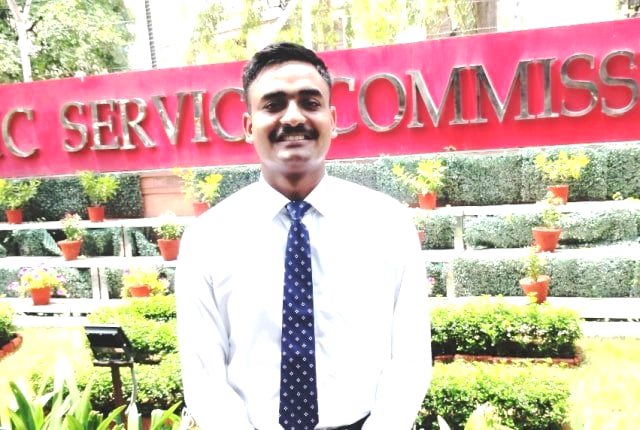FOCUS: NATURE OF BELIEF THAN ACT OF CONVERSION
Aggressive conversions are somewhat alien to traditional Indian concept of belief. Competitive conversions are the defining characteristic of Abrahamic religions and modern secularism. Western and Middle Eastern history is a long litany of bloody wars between different creeds of religion and different creeds of secular political movements.
Christianity has fought Islam and vice-versa. Both have subsects that have fought each other. Northern Ireland and current Middle East is a testament to that. Secular nationalism has fought two world wars. Communism and capitalism, secular liberalism and secular ultra nationalism have all been fighting proxy wars for decades. This pathology was introduced by Congress party into India.
The pathology also informs western norms on freedom of religion and thought. It is based on the premise of ‘false god’ theory. That the ‘god’ or system of the other is false and the other needs to be saved from his/her error. It is the foundation of western liberalism as much as Abrahamic religions.
Indian belief systems, on the other hand, are passive systems. They express themselves, but do not compete in a market to save souls or lifestyles. They can be critical of each other and may even show their distinctiveness by commenting on the difference with the other. But they do not have a theory of ‘false god’ to condemn the other as a ‘false way’.
Hinduism, Jainism, Buddhism and Sikhi have all coexisted without going to war against each other to destroy the ‘God’ or gods of the other. They are benign belief systems. People convert to them by genuine freedom of personal choice rather than by financial, physical or psychological coercion.
Nothing puts this in context than the langar at Sri Harmandir Sahib and the aid work of Christian missionary institutions. Thousands of non Sikhs eat langar at Sri Harmandir Sahib every day. They are never handed a leaflet about Sikhi. No one attempts to ‘convert’ them or save their souls by the inducement of free meal. On the other hand, a Christian missionary charity will inevitably slip in a book or leaflet on ‘the only way’ (Jesus) once a person has taken their charity a couple of times.
There are many individual Muslims and Christians who will serve and help humanity without seeking to convert. But the principle of ‘Nishkam’ is not part of either Islamic or Christian missionary institutions.
If there isn’t a material gain in the mind of the institutional donor then there is an intention of saving the ‘soul’ of the recipient. This different approach to belief lies at the heart of tensions between Hindu organisations such as RSS on one hand and Christian and Islamic institutions on the other. A ‘stronger’ law prohibiting conversions or increasing bureaucratic hurdles in the process of conversions will not address the concern among Hindus.
The success of Christian missionaries is not their better organisation or better literature. It is in fact based on the monopoly they and Islamic preachers enjoy against the passivity of indigenous Indian belief systems. No indigenous Indian belief system has the conceptual framework of competitive proselytising. It simply is not an Indian thing to do.
Of course India needs a law and policy on conversions. But it has to be based on Indian value systems rather than bureaucratic institutionalisation of fear of conversions. It has to target the very nature of belief rather than the freedom of choice to convert.
A law and policy in India needs to insist that all belief systems in India have to abide by the principles of passivity and coexistence rather than competitive marketing. Some fundamental ideas of Abrahamic belief systems in India need to change and make them acceptable within Indian civilisation. The institutions of beliefs need to show that they are not engaged in financial inducement, offensive language about other beliefs or marketing techniques.
This is neither exceptionalism nor against human rights norms. Indians who live in the west are expected to live by the norms of western world. There is no reason the same principle cannot apply to people and systems that wish to co-exist in India.
After all Judaism and pre colonial Christians coexisted in India by understanding the culture of civility to others for hundreds of years. Surely like Sri Harmandir Sahib, Christian Charities can also provide without an insidious eye on ‘conversion’ or saving souls.
A law and policy restraining competitive proselytising will not be against international norms. UN conventions on freedom of religion state the right of an individual to freedom of religion and right to decide his or her own religion. It does not grant a right to be offensive directly or indirectly by condemning others as ‘false’.
In fact Article 18.2 of International Convention on Civil and Political Rights (ICCPR) states, ‘No one shall be subject to coercion which would impair his freedom to have or to adopt a religion or belief of his choice.’ It is a matter of interpretation what coercion means. In the Indian context, even financial and charitable inducements can constitute ‘coercion’.
Further, the ICCPR in Article 18.3 also states, ‘Freedom to manifest one’s religion or beliefs may be subject only to such limitations as are prescribed by law and are necessary to protect public safety, order, health, or morals or the fundamental rights and freedoms of others.’ In the Indian context, it is the fundamental right and freedom of others not to be exposed to competitive proselytising. If the French can do it in their Laicite law, so can India.
Jasdev Rai
A medical doctor with a MA in politics and some time to spare. Has long interest in governance, human and political rights issues. Written and published academic papers on ethics, gender foeticide, anti terrorism, freedom of conscience, conflict resolution and Sikh philosophy. Developed and written a critique on Universalism for UNESCO in the ethics agenda for UNESCO. Has a long record of activism at the United Nations and has been to several Human Rights Council sessions.



